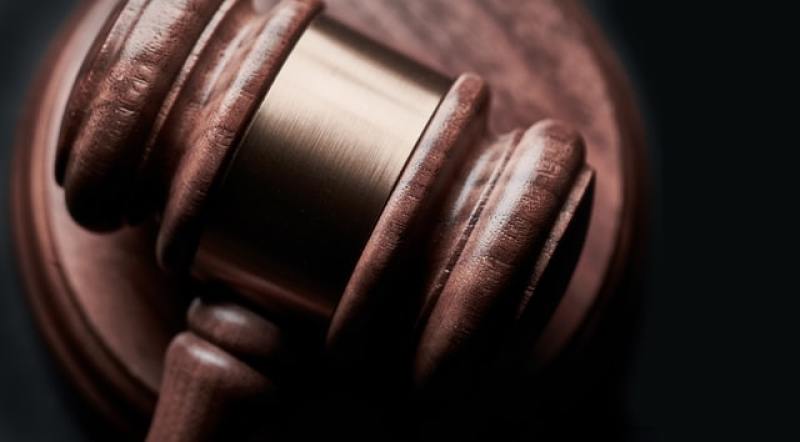
A Texas judge who is Christian was banned by another judge from opening his courtroom proceedings with a prayer, thereby granting victory to the Freedom from Religion Foundation, a secular non-profit legal organization based in Wisconsin, a report said.
The judge ruled in favor of the FRFF, an atheist organization established in 1976 to advocate for atheists, agnostics, and non-theists, that challenged Christian Judge Wayne Mack in Houston who begins his courtroom sessions with a chaplain-led prayer. The prayer was not mandatory. However, on May 21, U.S. District Judge Kenneth Hoyt ruled in favor of FRFF and a local attorney, who refused to be named, who attended Judge Mack's courtroom, the Christian Post reported.
The unnamed attorney claims to have attended Judge Mack's courtroom sessions at least 20 times and said he witnessed the Christian judge's chaplain-led prayers. Judge Hoyt decided, "The Court declares that the defendant's practice of opening regular court proceedings with religious prayers is unconstitutional. Should the defendant violate this Court's declaratory decree, an injunction will issue."
Judge Hoyt ruled that the Christian judge was in violation of the Establishment Clause whenever he "presents himself as theopneustically inspired, enabling him to advance, through the chaplaincy program, God's 'larger purpose'" in front of the litigants, counsel, jury, and the rest of the attendees of his courtroom in Texas. Judge Hoyt, who is a Reagan nominee, argued that the actions of Judge Mack goes against "historical tradition" and makes a "mockery of both religion and law."
But Judge Mack's habit of beginning courtroom sessions with a non-mandatory chaplain-led prayer has always been the norm for him as he vowed to uphold "religious values within the office" since his 2014 Republican primary campaign for the position as Montgomery County Precinct 1 justice of the peace. The Christian's judge has been known to implement various faith-based initiatives and has contributed to the community by holding prayer breakfasts and establishing a Justice Court Chaplaincy Program.
The chaplain-led prayers that launched courtroom sessions were not mandatory, which meant that people could leave the courtroom if they felt like it and come back when the court was in session. This setup made some people feel like they were being judged by Judge Mack and that he would rule their cases based on whether they stayed for the prayers or not.
In 2014, Judge Mack wrote an open letter to pastors and people of faith, saying his chaplaincy program was under "national and local attack" by those who "believe that God and faith has no place in public lives and service." The Christian judge argued that he wanted to "make a statement" to his detractors who believed that his actions were "unacceptable" and show them "God has a place in all aspects of our lives and public service."
"Judge Mack is following a long tradition of opening courts, including the U.S. Supreme Court, with a ceremonial invocation," Justin Butterfield argued as per Christian Headlines. Butterfield is the deputy general counsel to nonprofit Christian conservative legal organization First Liberty. Butterfield vowed, "We disagree with the court's decision, and we look forward to appealing this decision to the Fifth Circuit."
























